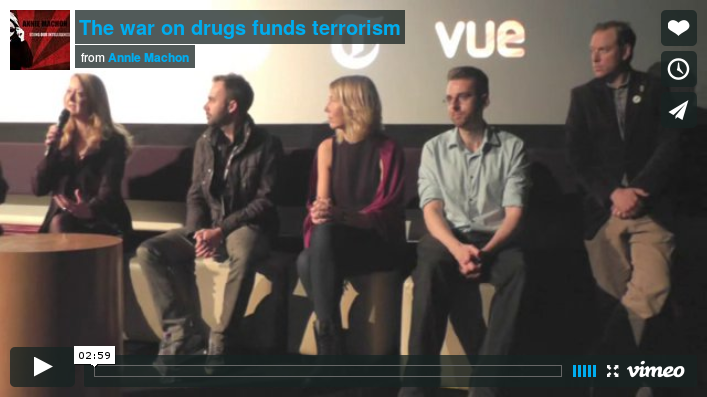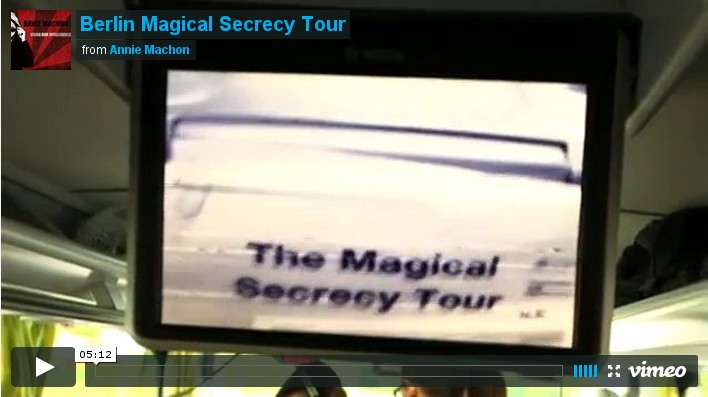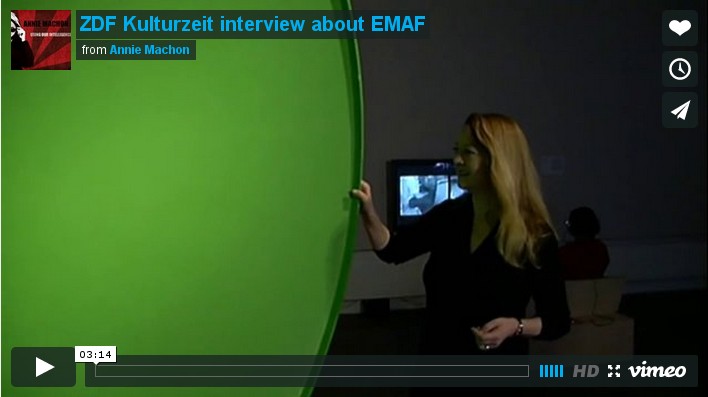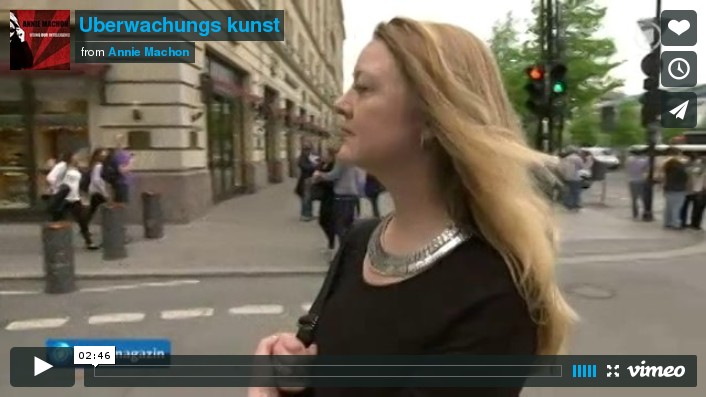The Chichester Festival Theatre in the UK has been staging Ibsen’s play, An Enemy of the People, exploring the complexities of whistleblowing.
The CFT asked me to write an article for the festival programme about the value and role, the dangers and opportunities, for twenty-first century whistleblowers. Here it is:
The Regulators of Last Resort
Let us play a little game of word association. I write “Edward Snowden” — and what is the first thought to leap into your mind? Hero? Traitor? Who?
Or might it be whistleblower?
The controversial issue of whistleblowing, which is at the heart of Ibsen’s play, has been firmly thrust into the public consciousness over the last few years with the ongoing saga of Wikileaks and with high profile cases such as that of Chelsea Manning and, of course, Snowden himself.
Often whistleblowers can get a bad rap in the media, deemed to be traitors, grasses or snitches. Or they are set on such an heroic pedestal that their example can actually be discouraging, making you consider whether you would ever take such a risk, often with the depressing conclusion that it would be impossible for a whole range of practical reasons – professional reputation, job security, family safety, even liberty.
However, you have to ask yourself why, when faced with these risks and repercussions, individuals (in the manner of the fictional Dr Stockmann) do indeed speak out; why they do still consider the risks worth taking? Particularly those emerging from the world of intelligence, the military or the diplomatic corps who face the most grievous penalties.
The UK spy community is the most legally protected and least accountable of any Western democracy, but the USA is catching up fast. So, as a result of such entrenched governmental secrecy across these areas, whistleblowing is realistically the only available avenue to alert your fellow citizens to abuses carried out secretly in their name.
I have a nodding acquaintance with the process. In the 1990s I worked as an intelligence officer for the UK domestic Security Service, generally known as MI5, before resigning to help my former partner and colleague David Shayler blow the whistle on a catalogue of incompetence and crime. As a result we had to go on the run around Europe, lived in hiding and exile in France for 3 years, and saw our friends, family and journalists arrested around us. I was also arrested, although never charged, and David went to prison twice for exposing the crimes of the spies. It was a heavy price to pay.
However, it could all have been so different if the UK government had agreed to take his evidence of spy crimes, undertake to investigate them thoroughly, and apply the necessary reforms. This would have saved us a lot of heartache, and could potentially have improved the work of the spies. But the government’s instinctive response is always to protect the spies and prosecute the whistleblower, while the mistakes and crimes go uninvestigated and unresolved. Or even, it often appears, to reward the malefactors with promotions and gongs.
The draconian Official Secrets Act (1989) imposes a blanket ban on any disclosure whatsoever. As a result, we the citizens have to take it on trust that our spies work with integrity. There is no meaningful oversight and no real accountability.
Many good people do indeed sign up to MI5, MI6 and GCHQ, as they want a job that can make a difference and potentially save lives. However, once on the inside they are told to keep quiet about any ethical concerns: “don’t rock the boat, and just follow orders”.
In such an environment there is no ventilation, no accountability and no staff federation, and this inevitably leads to a general consensus – a bullying “group think” mentality. This in turn can lead to mistakes being covered up rather than lessons learned, and then potentially down a dangerous moral slide.
As a result, over the last 15 years we have seen scandal heaped upon intelligence scandal, as the spies allowed their fake and politicised information to be used make a false case for an illegal war in Iraq; we have seen them descend into a spiral of extraordinary rendition (ie kidnapping) and torture, for which they are now being sued if not prosecuted; and we have seen that they facilitate dodgy deals in the deserts with dictators.
Since the Shayler case in the late 1990s, other UK whistleblowers have hit the headlines: GCHQ’s Katherine Gun, who exposed illegal spying on our so-called allies in the run-up to the Iraq war in 2003. She managed to avoid prosecution because of a possible legal defence of necessity that resulted from Shayler’s case. Or Ambassador Craig Murray, who exposed the torture of political dissidents in Uzbekistan – and when I say torture, I mean the boiling alive of political opponents of the régime, with the photographs to prove it. Murray was not prosecuted, but he lost his career and was traduced with tawdry slurs about his personal life across the British media.
The USA is little better. Since 2001 many intelligence whistleblowers there have faced a grim fate. Ex-CIA officer John Kiriakou, who exposed the CIA’s torture programme, languished for three years in prison while the torturers remain free; Bill Binney, Ed Loomis, and Kirk Wiebe of the NSA were hounded and narrowly escaped prosecution for exposing NSA malfeasance; a colleague, Tom Drake faced a 35-year prison sentence, despite having gone through all the approved, official channels; and in 2013 a kangaroo court was held to try Chelsea Manning for her exposure of US war crimes. Inevitably, it is the whistleblower Manning who is now serving a 35 year stretch in prison, not the war criminals.
President Obama has used and abused the 1917 US Espionage Act against whistleblowers during his years in the White House more times than all his predecessors put together, while at the same time allowing a bone fide spy ring – the Russian illegals including Anna Chapman — to return home in 2010. This paranoid hunt for the “insider threat” — the whistleblower — has been going on since at least 2008, as we know from documents leaked, ironically, to Wikileaks in 2010.
Against this background, fully aware of the hideous risks he was taking and the prospect of the rest of his life behind bars, in 2013 a young man stepped forward – Edward Snowden.
He was clear then about his motivation and he remains clear now in the few interviews he has done since: what he had seen on the inside of the NSA caused him huge concern. The American intelligence infrastructure, along with its partner agencies across the world, was constructing a global surveillance network that not only threatens the constitution of the United States, but also erodes the privacy of all the world’s citizens.
Even against such a background of other brave whistleblowers, Snowden stands out for me for three key reasons: his personal and conscious courage at such a time, the sheer scale of his disclosures, and the continuing, global impact of what he exposed.
Unfortunately, while whistleblowers understand the legal risks they are taking when they emerge from the intelligence world or the diplomatic corps, they are often media virgins and are eternally surprised by the way the treatment meted out to them.
Until the turn of the millennium, intelligence whistleblowers had no choice but to entrust themselves to the established media. Some like “Deep Throat”, the source of the Watergate scandal in 1970s America, were distrustful and remained in the shadows. Others, such as Daniel Ellsberg who released the Pentagon Papers in 1971, or Clive Ponting who in 1982 released information about the sinking of the General Belgrano during the Falklands War, were fortunate to work with campaigning journalists who fought both for their sources and the principle of press freedom. Even when Shayler went public in the late 1990s, he had no option but to work with the established media.
From personal experience, I can attest to the fact that this is not always a painless experience. With a few honorable exceptions, most of the journalists will just asset-strip their whistleblowers for information. They make their careers, while the whistleblower breaks theirs.
Plus, There are many ways our soi-disant free press can be manipulated and controlled by the spies. The soft power involves inducting journalists to be agents of influence within their organisation, or cosy chats between editors and spies, or proprietors and top spies – that is how stories can be spun or disappeared.
The hard power is extensive too — the application of laws such as libel, counter-terrorism laws, injunctions, and also the use of the OSA against journalists themselves. Or even blatant intimidation, as happened after The Guardian newspaper published the early Snowden disclosures – the police went in and physically smashed up the hard drives containing his information.
All this casts that well known chilling effect on the freedom of the press and the free-flow of information from the government to the governed, which is so vital for an informed and participatory citizenry.
Which brings me back to Wikileaks. Established in 2007, this provides a secure and high-tech conduit for whistleblowers that gives them more control and securely stores the documents to prove their allegations. This is also why the US government saw it as such a threat and has pursued it in such a draconian and punitive way over the years since the first big revelations in 2010. Ironically, this is also partly why much of the traditional media turned on Wikileaks – it threatened the old media business model.
But from a whistleblower’s perspective, Wikileaks and its successors offer a brave new world. The technological genie is well and truly out of the bottle.
There is, of course, another possible path. The intelligence agencies could establish meaningful channels for ventilation of staff concerns, where the evidence is properly investigated and reforms made as necessary. Having such a sound procedure in place to address concerns strikes me as a win-win scenario for staff efficiency and morale, the organisation’s operational capability and reputation, and potentially the wider public safety too.
However, unless and until secretive governmental organisations institute such legitimate and effective avenues for potential whistleblowers to go down, embarrassing disclosures will continue. Nobody sets out to be a whistleblower but, absent effective reforms, they will remain our regulators of last resort.





